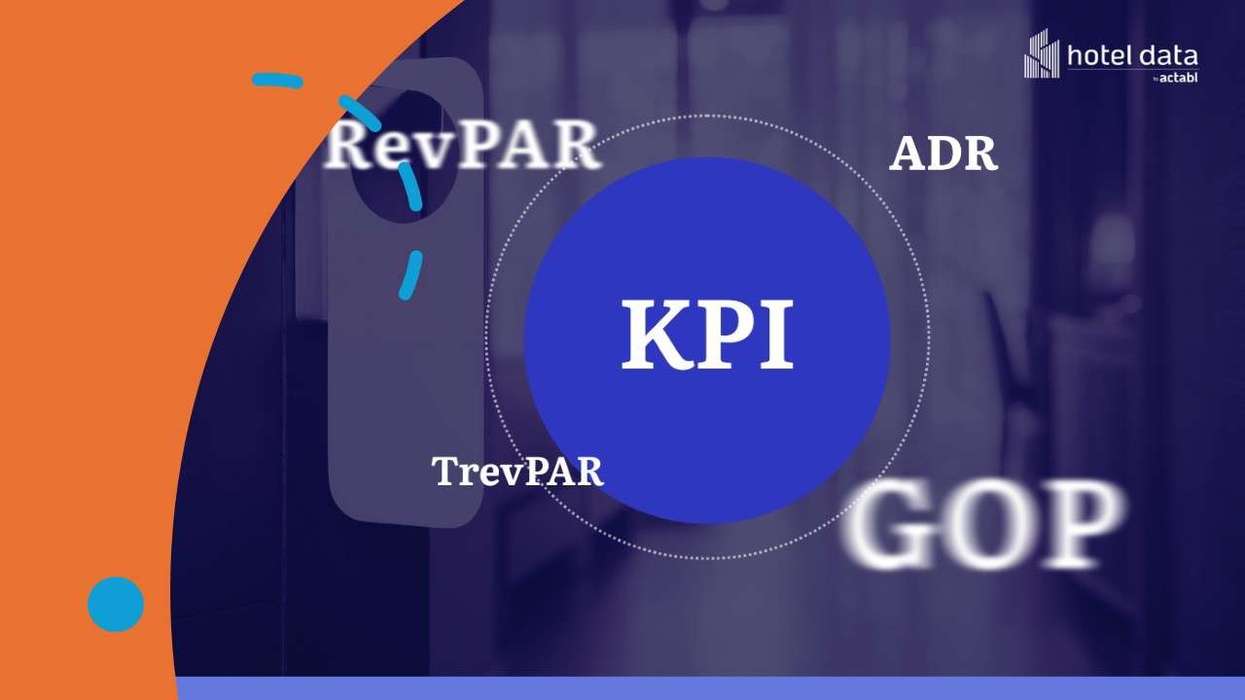A NEW SURVEY found that 60 percent of travelers are willing to pay from $50 to $100 more for screening and testing services to provide protection against the effects of COVID-19. In the event of an infection they would pay for allied services, according the survey risk management firm Global Rescue.
As many as 94 percent of survey respondents said they would pay, and only 4 percent expressed their unwillingness to pay for COVID-19 protection services, according to Global Rescue.
Around 63 percent of the respondents to the survey said that they gave up bucket list and adventure trips, 53 percent missed out on family vacations, and 33 percent relinquished a business trip due to the COVID-19 pandemic.
However, travelers appear willing to fight back to regain their family vacations, adventure travels and business trips. The majority, 90 percent, were equally adamant in their support for mandating all travelers obtain the same COVID-19 protections.
“Nearly everyone, 87 percent, wants governments or organizations to step in and systematize programs calculated to beat COVID-19. But the resources and know-how to provide COVID-19 screening, testing, triage, quarantine facilities, ground and air transport, data collection and case management are not easily available to many governments, organizations and businesses,” said Dan Richards, CEO of Global Rescue. “To meet traveler demand for mandatory COVID-19 protections and services, officials from those entities need to work with organizations capable of planning and implementing a COVID-19 traveler solution that includes access to rapid testing, quarantine and isolation facilities, and ground and air medical evacuation.”
According to the survey, which contacted more than Global Rescue 2,200 members during Sept. 15-20, travelers are eager to get back to travel, domestically at first, and then internationally starting in 2021. As many as 61 percent of respondents said they would make a domestic trip before the end of 2020, but only 13 percent said they expect to travel internationally by then. However, 86 percent of respondents indicated they would travel internationally in 2021.
People would not travel without efficient and effective partnerships with public authorities and travel risk and crisis response providers, found out the survey.
An April survey from Global Rescue also said that people are willing to accept inconveniences for safety.




